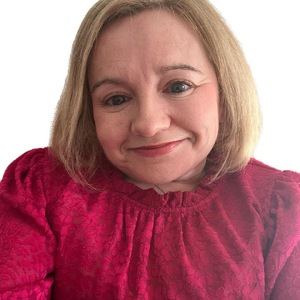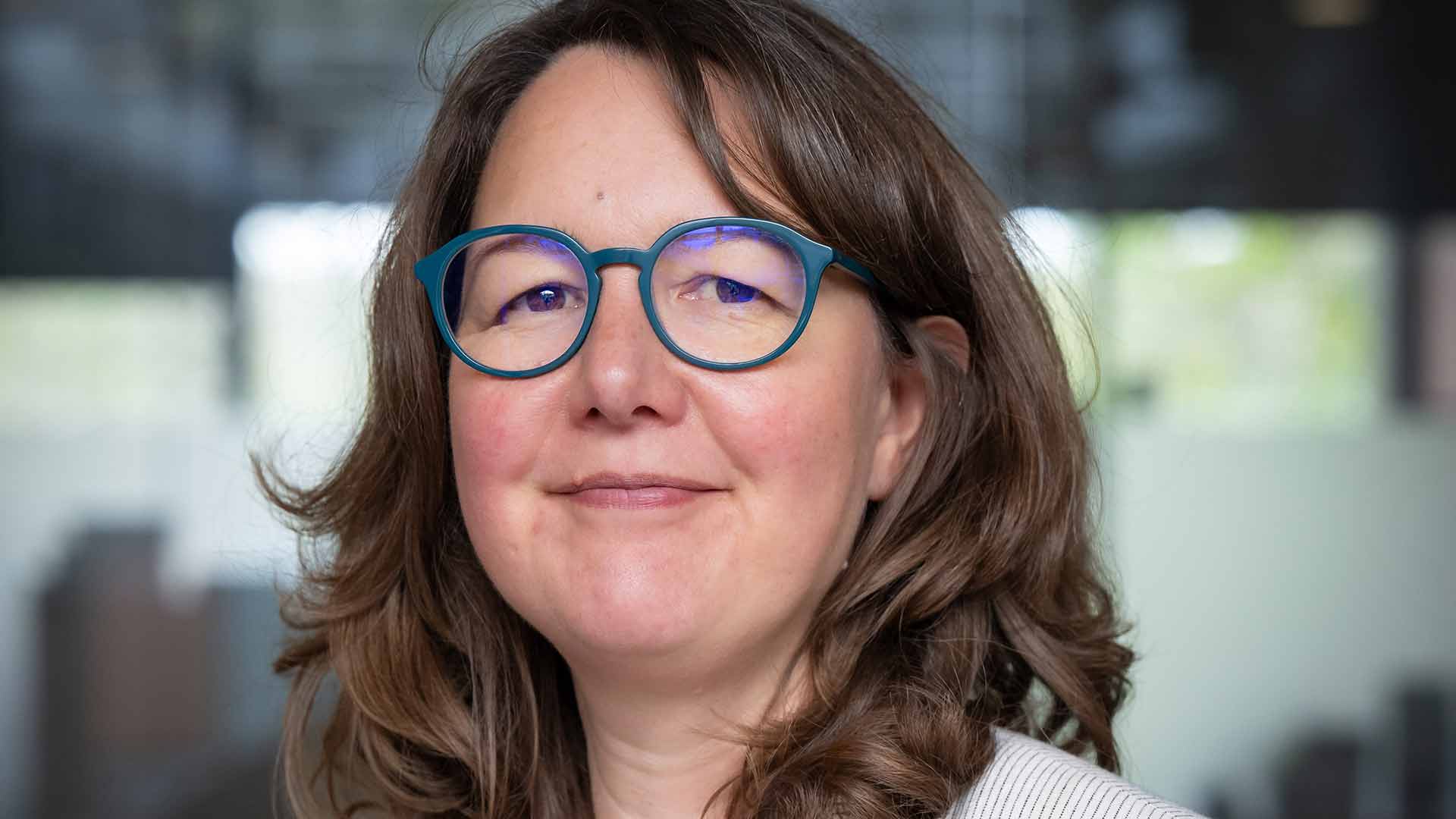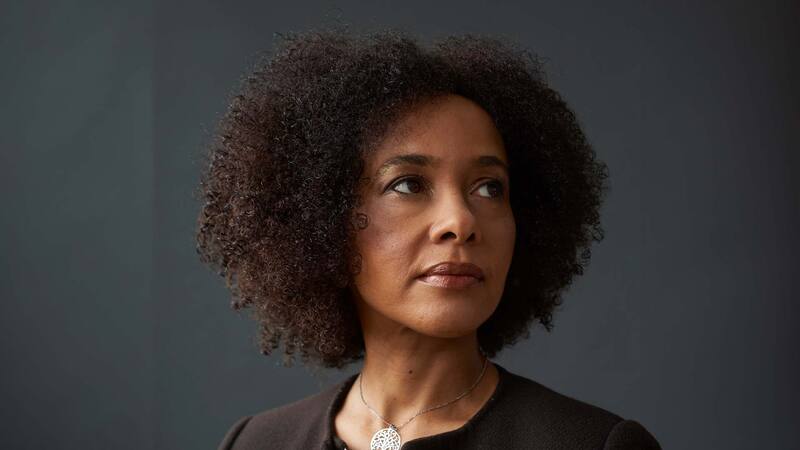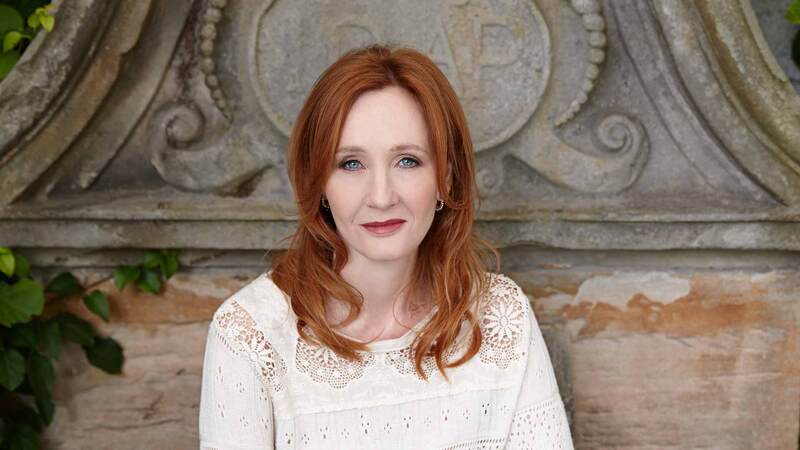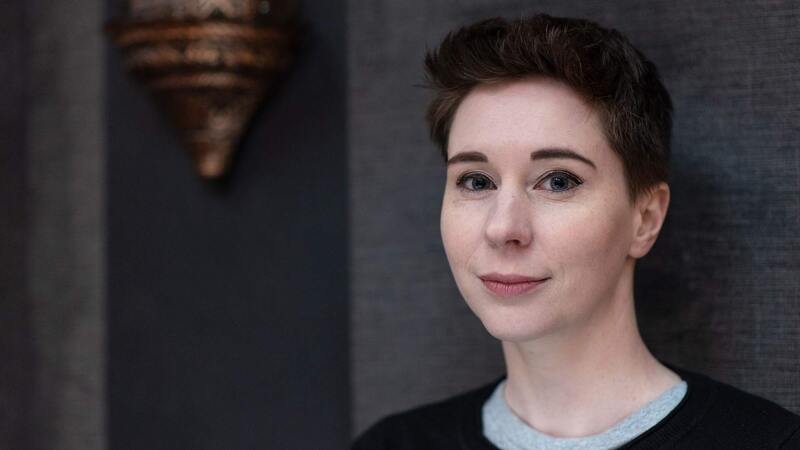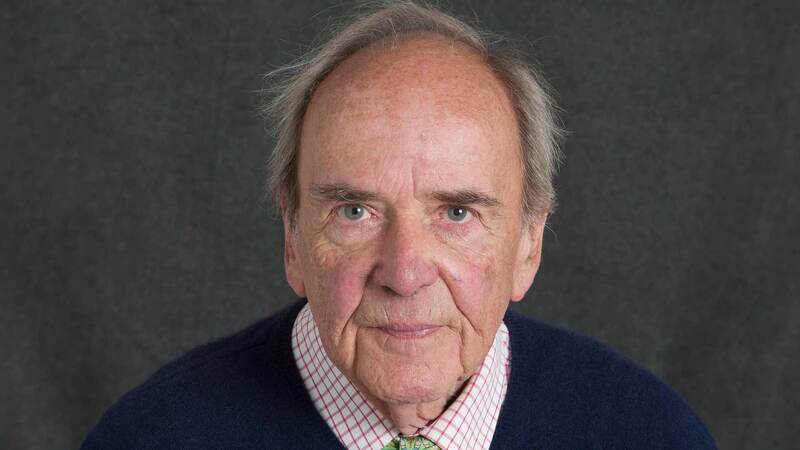You are viewing your 1 free article this month. Login to read more articles.
Stats matter
The first step towards disability equity in publishing is robust industry statistics.
The publishing industry loves statistics. For authors, a few numbers can make all the difference between hitting the Sunday Times top 10 chart and just missing out, while for publishers sales data is king. How many books has an imprint published? What’s the number of copies a bookshop has sold in a week? How many awards has a novel won? What’s the percentage of female employees in their business?
There’s one set of numbers, however, that’s largely missing from the number crunchers, and that’s the number of disabled and/or chronically ill authors traditionally published in the UK. It matters that we don’t have a clue, or at best an estimated guess. To track equality, diversity and representation improvements in publishing we need cold, hard stats: figures that tell us where we are now, and where we’re aiming to go to ensure that health and physical ability are not institutional barriers to an author’s career.
Disability, physical and mental health are personal matters, something that an individual author may not yet feel comfortable in declaring due to worries about discrimination or being treated differently. HR departments, however, currently collect equality data anonymously such as age, sex, ethnicity, sexuality and religion. If we don’t know how many disabled authors there are, how can we measure whether initiatives such as the mentoring of disabled writers, and drives to increase the diversity of authors in the industry, are working? How can we learn where to best target efforts?
My third psychological thriller, The Reunion Party, is published on 25th June and I know very well both the joy of a writing career and the extra barriers that disabled/chronically ill authors can face as opposed to their non-disabled peers. That’s why, to pay it forward, I’ve funded a place on the Professional Writing Academy’s six-week online Fiction Foundations course for an aspiring novelist who is unable to attend a face-to-face group due to their health. Applications for the course and bursary are open now.
To truly be able to track disability equality in publishing we need as many publishers as possible to gather demographic data for their authors and make this data public
Christina Bunce, PWA’s director, thinks bursaries can find new writers who face financial and physical barriers learning their craft. "Creative writing is off the school curriculum, university courses are prohibitively expensive and no good if you just want to have a go, libraries are closing and face-to-face courses are simply not feasible for many," she says, particularly people with health and mobility issues meaning they may be unable to travel to events and festivals. The ready-made community that courses provide is also beneficial, she points out. "Online provides for the development of a professional network, a community of other writers to talk to who you wouldn’t normally have access to." Knowing you’re not alone, in what can be a solitary profession, is invaluable.
The bursary, along with other initiatives such as CBC’s Breakthrough Mentoring Programme for Disabled Writers, with mentors from The Society of Authors’ Authors with Disabilities and Chronic Illnesses (ADCI) network, are small moves to encourage more disabled/chronically ill writers into the profession. We need data to track the longevity of their careers, the parity of advances with non-disabled writers and also the marketing budgets they receive. It’s all very well a disabled/chronically ill author being signed as a debut, but if their careers aren’t supported past that, there’s no marketing and sales push behind them and they don’t earn enough to afford to continue writing, they may flounder. No one wants to set up authors to fail.
Cat Mitchell is a senior lecturer in publishing at the University of Derby who researches disability in the publishing industry. She argues that having statistics on the quantity of disabled authors getting published, and tracking this progress over time, is the first step for publishers to undertake. "The second is to make sure the quality of experience for disabled authors is the same as for non-disabled ones. Gathering more qualitative data to determine individual needs will be the best way forward, and will hopefully lead to the implementation of more disability-friendly policies and contracts which will help all disabled authors automatically."
I contacted the big five publishers to ask about their publicly available statistics on disability and authors. Kim Kidd, diversity and inclusion manager at Hachette UK, told me "Hachette UK collected data on the disability status of our author population as part of our www.hachette.co.uk/wp-content/uploads/2021/11/People-and-Publishing-Transparency-Report.pdf">Changing the Story: People and Publishing Transparency Report in 2021. Our team is currently in the process of understanding how we can collect this data more effectively, so we can track and report on this information more regularly in the future," adding that "Disability inclusion is a vital part of Hachette UK’s commitment to Changing the Story."
A spokesperson for Penguin Random House said "we have tracked disability representation for newly acquired authors for several years through our annual Diversity and Inclusion Report. From the latest report we know that in 2022, 20% of authors who signed PRH contracts were disabled or had a long-term condition (although the report is based on a voluntary survey, so may not reflect the full picture)."
Simon & Schuster said "all information we hold about our authors is private and we’re unable to share without their consent". Macmillan and HarperCollins didn’t respond to my request. To truly be able to track disability equality in publishing we need as many publishers as possible to gather demographic data for their authors and make this data public.
Opening up publishing to include underrepresented groups matters, both for publishers’ sales and readers’ choice. The last word goes to Christina Bunce who commented: "we truly believe the world will be a better place if more people are able to get their stories and voices out there".
